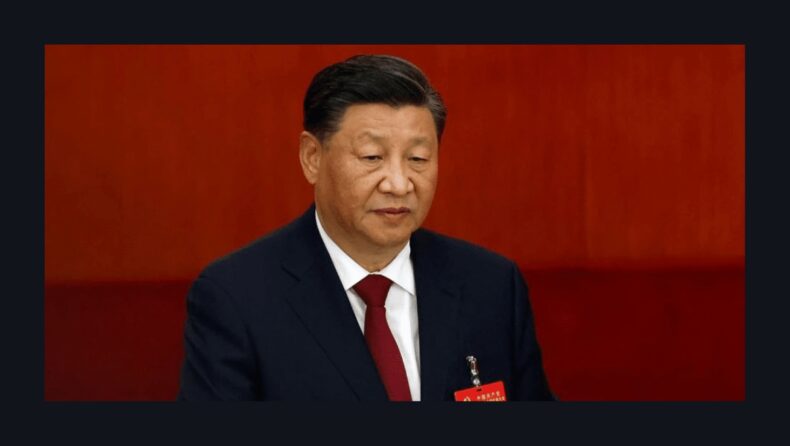China will never give up its right to deploy force against Taiwan, according to President Xi Jinping, but instead will work toward a peaceful solution. A look at the key takeaways from the 20th Congress of the governing Communist Party.
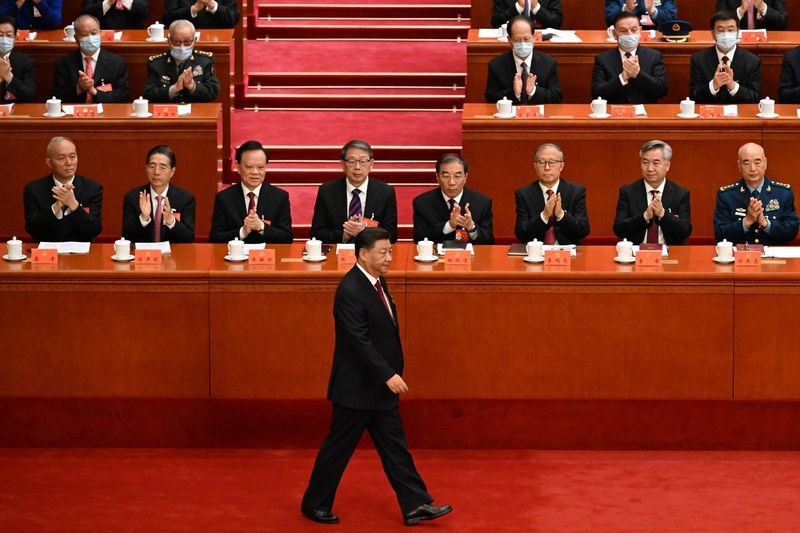
On Sunday, Chinese President Xi Jinping opened the 20th Congress of the governing Communist Party, where he anticipated winning a third term in office and solidifying his position as the nation’s most powerful leader since Mao Zedong.
The approximately 2,300 delegates present at the occasion in Beijing’s Great Hall of People erupted in raucous applause as Xi entered the stage.
The leader praised the Chinese Communist Party (CCP) in his opening speech and noted that the Congress was occurring at a “critical juncture” for the nation.
The Communist Party of China (CPC) is grasped its 20th National Congress from October 16–22.
China: President Xi Jinping on Taiwan and ‘Right to use force’
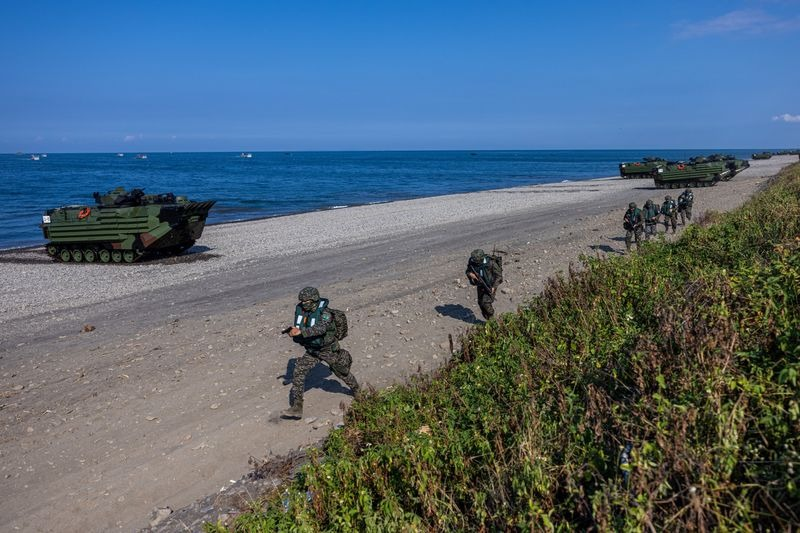
On Taiwan, one of Beijing’s primary grounds of contention with the US, Xi reiterated the party position. The self-governing island is seen as Beijing’s territory, and over the past year, military pressure has increased.
Regarding Taiwan, Jinping asserted that China has fought diligently against Taiwanese separatism and is willing to test territorial integrity.
“We will continue to strive for peaceful reunification with the greatest sincerity and the utmost effort, but we will never promise to renounce the use of force, and we reserve the option of taking all measures necessary. The wheels of history are rolling on towards China’s reunification and rejuvenation of the Chinese nation. The complete reunification of our country must be realized and it can without a doubt be realized.”
Xi Jinping during his speech at the 20th Congress
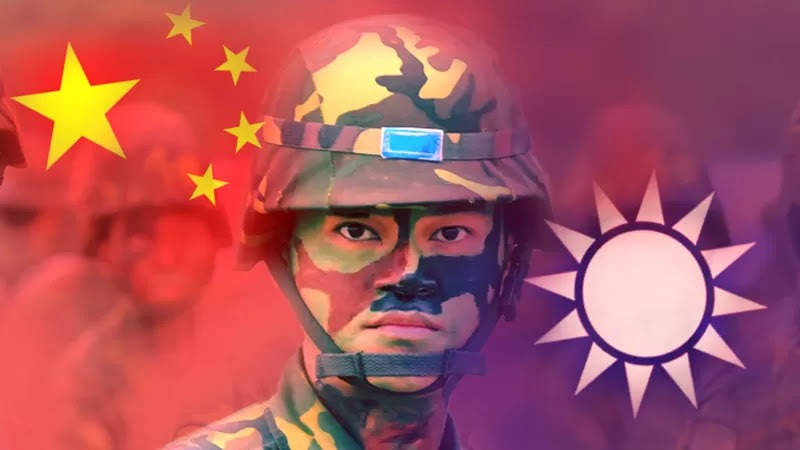
After China conducted war drills close to Taiwan and U.S. Representative Nancy Pelosi’s visit to Taipei, tensions dramatically increased in August. Even still, military operations have persisted at a slower rate.
China: President Xi Jinping Communist Party’s key points from the meeting
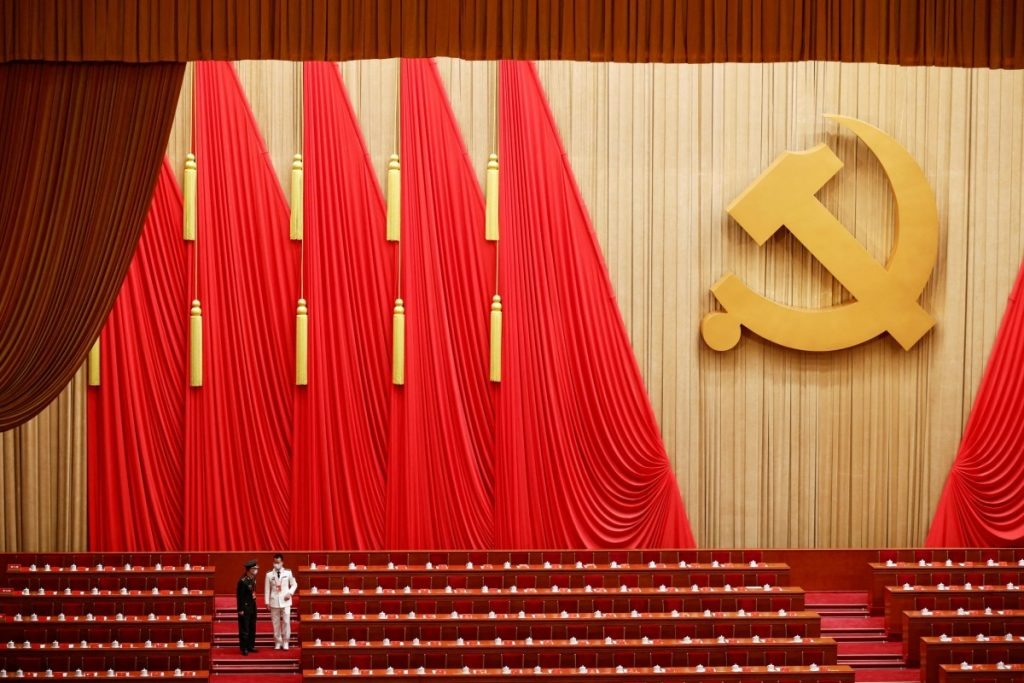
The Communist Party’s vision for China for the upcoming five years was laid out in detail in a speech by President Xi Jinping on Sunday that covered a wide range of topics, from Taiwan to technology policy.
It laid down points on foreign policy, developmental strategy, covid-zero policy, and the economy.
- Foreign Policy
“China’s international influence, appeal and power to shape the world has considerably increased.”
-President Xi Jinping
China has always emphasised that its strategy for growth is distinct from Western approaches that are based on capitalism and don’t follow them. Xi went into more detail on the Chinese model, claiming that it is peaceful as well is built around maintaining party control, producing high-quality growth, and reaching “shared prosperity.”
- Developmental Policy
“Chinese modernization offers humanity a new choice for achieving modernization.”
-President Xi Jinping
Talking about the economic goals of the country, President Xi Jinping said, “High-quality development is the top priority of building a socialist modern country in all aspects. Development is the party’s top priority in governing. It’s impossible to build a socialist modern strong country in all aspects without solid material and technology foundation.”
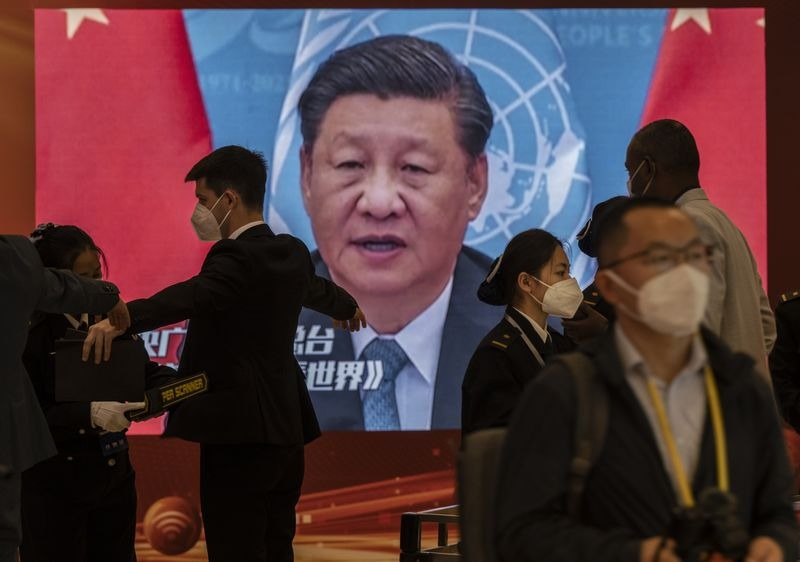
- Economic Policy
“We must build a high-level socialist market economic system… unswervingly consolidate and develop the public ownership system, unswervingly encourage and support the development of the private economy, give full play to the decisive role of the market in the allocation of resources, and give better play to the role of the government.”
Xi Jinping
Xi reaffirmed the line from past party congress addresses that development is indeed the party’s “top goal,” despite some experts predicting there may be a minor move to prioritize national security at cost of economic growth in his speech.
According to Xi, China would enhance its ability to develop a strategic deterrent capacity while accelerating the development of a force of the highest calibre.
https://www.hrw.org/world-report/2021/country-chapters/china-and-tibet
Speaking of climate policy, Xi said that China will prioritise environmental protection and the promotion of sustainable and environmental lifestyles, and the preservation of nature was crucial to the development of a modern socialist nation.
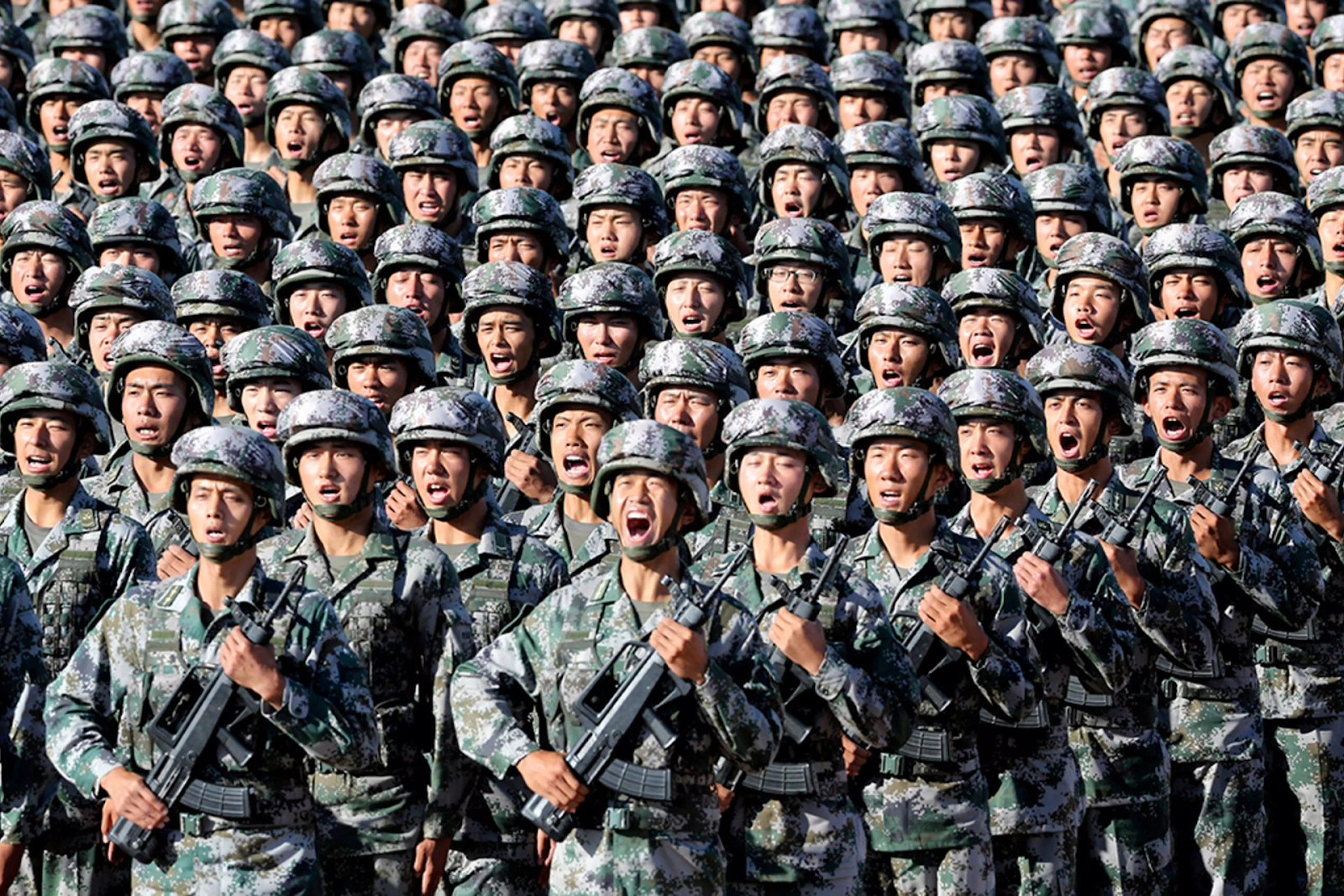
- Military Policy
By 2027, Xi has pledged to modernise the military, which was traditionally dominated by infantry. The People’s Liberation Army has made radical organisational adjustments and equipment upgrades to accomplish that goal. The navy as well as rocket forces have taken centre stage, while the land force has been reduced.
- Hong Kong
Speaking about Hong Kong, Xi Jinping said, “The central government exercised its overall jurisdiction over the special administrative region as prescribed by China’s Constitution and the Basic Law”.
“The situation in Hong Kong has achieved a major transition from chaos to governance,” Xi announced to the Communist Party delegates at Beijing’s Great Hall of the People.
To quash anti-government opposition after widespread protests broke out a year earlier, Beijing enforced national security legislation on Hong Kong in June 2020 that forbids terrorism, secession, subversion, and coordination with foreign forces. Under pressure from that legislation, which has been used to imprison numerous opposition leaders and has been denounced by the United States and other Western countries for reducing liberties in the ex-British colony, several pro-democracy media organisations have shut down.
- Covid-zero Policy
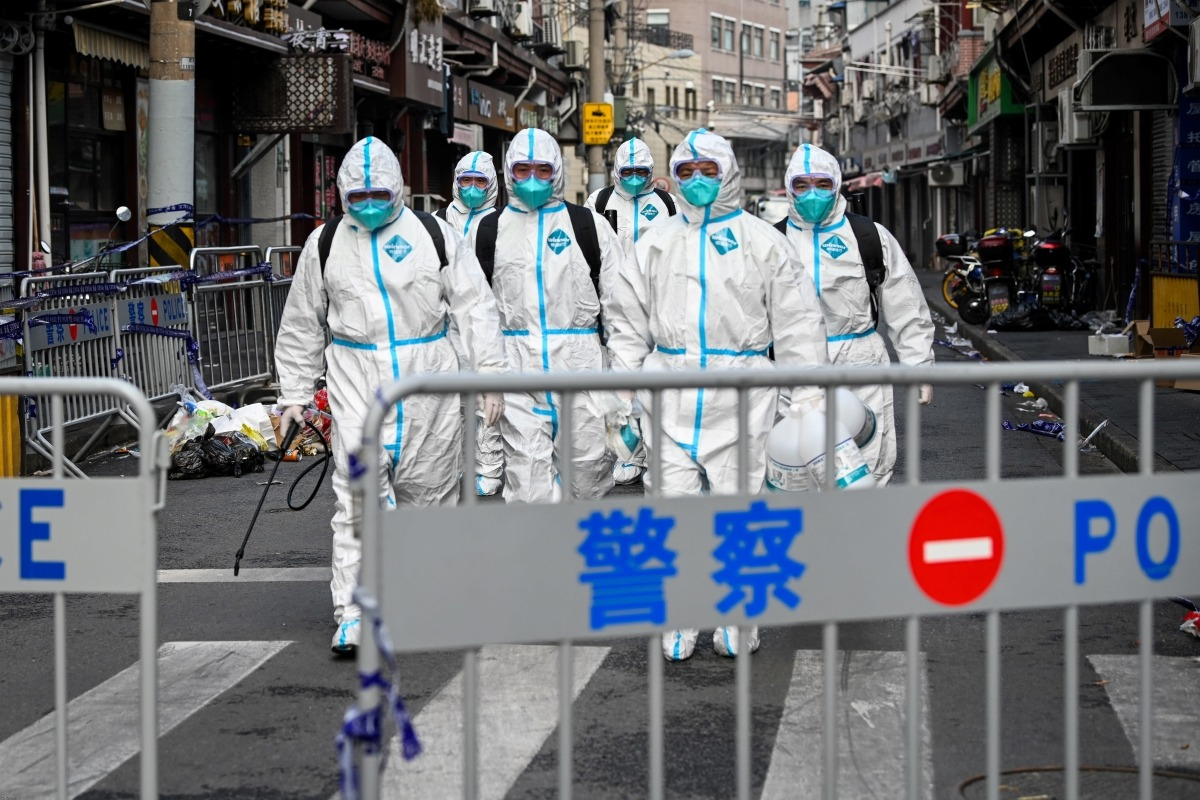
Xi said that China has placed “the citizens and their safety first” when combating the pandemic, despite months of criticism of the results of his nation’s stringent zero-Covid policy. He said that China has “achieved considerable good achievements in coordinating pandemic prevention and control” and “safeguarded people’s health and safety to the utmost degree.”
Despite the public’s apparent waning support for it, Xi signalled that the zero-tolerance policy that has been a pillar of his governance is still in place.
The Congress is anticipated to reaffirm Xi’s appointment as the Central Military Commission’s chairman and the party’s general secretary, the most powerful position in China. At the annual meeting of the Chinese parliament in March, Xi’s term as president will be up for renewal.
READ MORE
200 Decomposed Bodies found on Pakistan’s Hospital Roof







